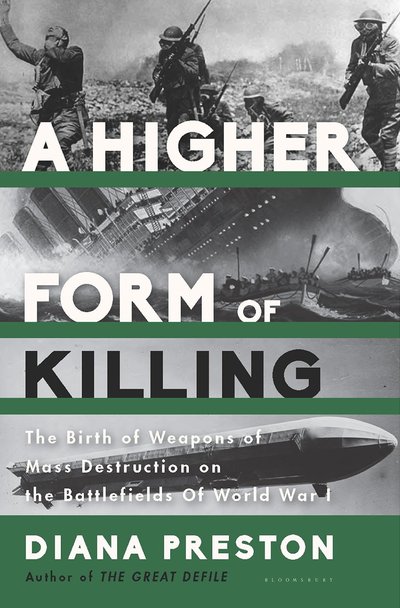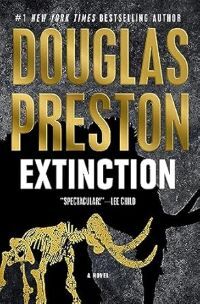

Purchase
Six Weeks in World War I That Forever Changed the Nature of Warfare
Bloomsbury Press
April 2015
On Sale: March 24, 2015
352 pages
ISBN: 1620402122
EAN: 9781620402122
Kindle: B00SWZXYIU
Hardcover / e-Book
Add to Wish List
Non-Fiction History
In six weeks during April and May 1915, as World War I
escalated, Germany forever altered the way war would be
fought. On April 22, at Ypres, German canisters spewed
poison gas at French and Canadian soldiers in their
trenches; on May 7, the German submarine U-20, without
warning, torpedoed the passenger liner Lusitania,
killing 1,198 civilians; and on May 31, a German Zeppelin
began the first aerial bombardment of London and its
inhabitants. Each of these actions violated rules of war
carefully agreed at the Hague Conventions of 1898 and 1907.
Though Germany's attempts to quickly win the war failed, the
psychological damage caused by these attacks far outweighed
the casualties. The era of weapons of mass destruction had
dawned. While each of these momentous events has been
chronicled in histories of the war, celebrated historian
Diana Preston links them for the first time, revealing the
dramatic stories behind each through the eyes of those who
were there, whether making the decisions or experiencing
their effect. She places the attacks in the context of the
centuries-old debate over what constitutes "just war," and
shows how, in their aftermath, the other combatants felt the
necessity to develop extreme weapons of their own. In our
current time of terror, when weapons of mass
destruction--imagined or real--are once again vilified, the
story of their birth is of great relevance.
Comments
No comments posted.
Registered users may leave comments.
Log in or register now!
| 


 © 2003-2025 off-the-edge.net
all rights reserved Privacy Policy
© 2003-2025 off-the-edge.net
all rights reserved Privacy Policy